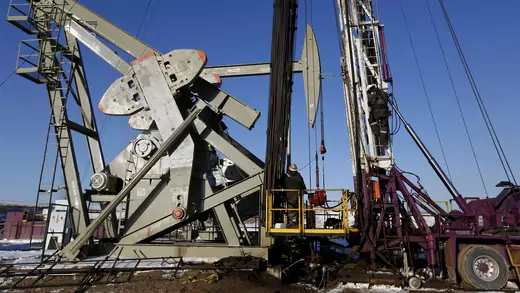- Iran
- Israel-Hamas
-
Topics
FeaturedIntroduction Over the last several decades, governments have collectively pledged to slow global warming. But despite intensified diplomacy, the world is already facing the consequences of climate…
-
Regions
FeaturedIntroduction Throughout its decades of independence, Myanmar has struggled with military rule, civil war, poor governance, and widespread poverty. A military coup in February 2021 dashed hopes for…
Backgrounder by Lindsay Maizland January 31, 2022
-
Explainers
FeaturedDuring the 2020 presidential campaign, Joe Biden promised that his administration would make a “historic effort” to reduce long-running racial inequities in health. Tobacco use—the leading cause of p…
Interactive by Olivia Angelino, Thomas J. Bollyky, Elle Ruggiero and Isabella Turilli February 1, 2023 Global Health Program
-
Research & Analysis
Featured
Terrorism and Counterterrorism
Violence around U.S. elections in 2024 could not only destabilize American democracy but also embolden autocrats across the world. Jacob Ware recommends that political leaders take steps to shore up civic trust and remove the opportunity for violence ahead of the 2024 election season.Contingency Planning Memorandum by Jacob Ware April 17, 2024 Center for Preventive Action
-
Communities
Featured
Webinar with Carolyn Kissane and Irina A. Faskianos April 12, 2023 Academic and Higher Education Webinars
-
Events
FeaturedJohn Kerry discusses his work as U.S. special presidential envoy for climate, the challenges the United States faces, and the Biden administration’s priorities as it continues to address climate change.
Virtual Event with John F. Kerry and Michael Froman March 1, 2024
- Related Sites
- More
October 15, 2013
Fossil FuelsIntroduction U.S. policymakers have been concerned about the country's dependence on imported energy since World War II. Those concerns were highlighted in the 1970s when episodes of sharply risin…

January 8, 2009
North KoreaIn this brief analysis, I attempt to answer two questions: Can the United States cause the collapse of North Korea? Should we try? I have proceeded under the assumption that the answer t…
August 5, 2015
EconomicsSteven A. Tananbaum Senior Fellow for International Economics Robert Kahn argues that China’s request to include its currency, the renminbi (RMB), in an International Monetary Fund (IMF) currency basket, known as special drawing right (SDR), is political as much as economic in intent and effect. The inclusion would signal a milestone in China’s transition to a less-regulated economy.
February 23, 2021
SpaceOuter space is growing more crowded and contested. Rajeswari Pillai Rajagopalan recommends regulating activities that disrupt, deny, or destroy space systems to ensure outer space is available to all…

October 9, 2015
ChinaSteven A. Tananbaum Senior Fellow for International Economics Robert Kahn argues that China's growth prospect lies somewhere between hard-landing and muddle-through scenarios. However, uncertainty remains and is already being felt strongly and likely to put increasing pressure on emerging markets through trade contraction and financial contagion. For the United States, fragility in emerging markets is the critical risk and will dominate economic decision-making for months if not years to come.
 Online Store
Online Store